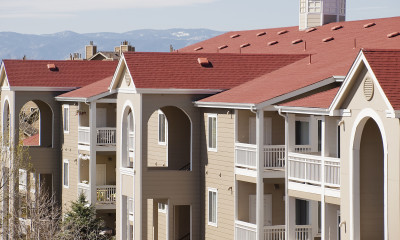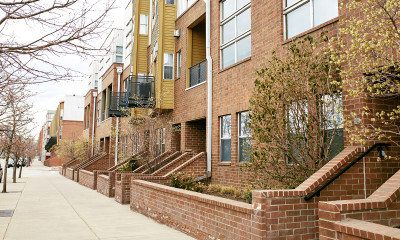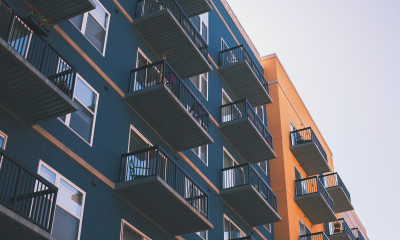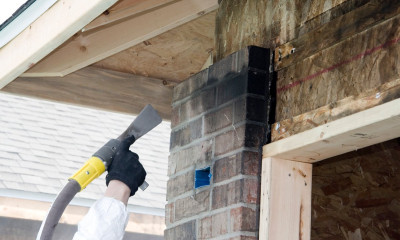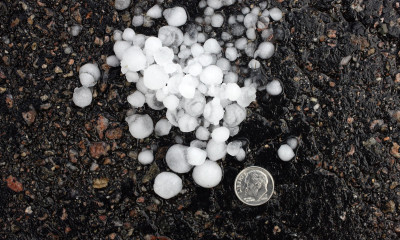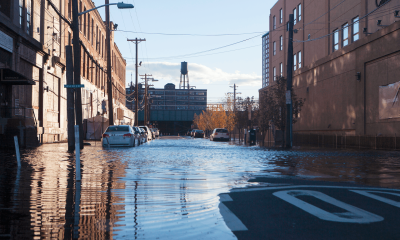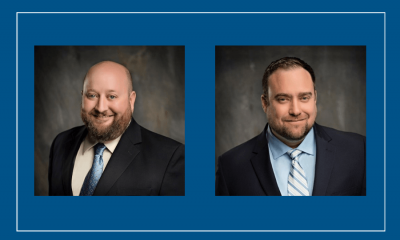Insurance Endorsements: A Little Investment Can Go a Long Way
“How can I lower my insurance premiums?” is often the first question property owners think about regarding insurance quotes or renewing an insurance policy. While no one wants to pay more for insurance than necessary, sometimes investing in additional coverages in preparation for disasters can save money in the long run. Additional coverages in the form of endorsements and exclusions can be a saving grace in recovering from property damage and disasters, but it is important to know which ones are beneficial and which ones are to watch out for. Adjusters International/Matrix Business Consulting can help you determine the best endorsements for your home or business insurance policy.
What is an Insurance Endorsement?
Endorsements or riders are amendments to an existing insurance contract that changes the terms of the original policy. Endorsements can be added at the time of purchasing the policy, mid-term, or at renewal time. Adding an endorsement can increase or decrease the premium depending on what within the policy is amended. Oftentimes, a small increase in premium price can save policyholders a world of financial hurt down the road.
Commercial Insurance Policy Endorsements
Endorsements are helpful for both commercial and residential policies. The most common and beneficial riders for commercial insurance extend business interruption coverage in the event of a loss. Most commercial policies have standard business interruption coverage that helps replace lost income when operations are seized, for a period of indemnity, which may not be adequate. Adding additional time to that coverage, through an endorsement, can help relieve both the financial and emotional burden that businesses suffer in the event of a catastrophic loss, that results if a loss of income is experienced beyond the normal indemnity period. Extending business interruption coverage allows the business owner, its employees, and the business itself extra time to recover physically and mentally, without having to worry about lost revenue.
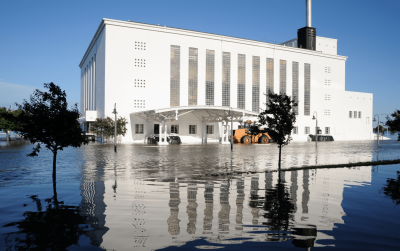
Adjusters International/MBC’s Chief Executive Officer, Kalon deLuise, notes that one pitfall to look out for in a commercial policy is a coinsurance clause. Coinsurance requires property owners to insure a certain minimum percentage of the property’s value in order to receive a full payout on their claim. If that requirement is not met, policyholders will not be compensated for the full value of their lost property.
Frequently, businesses that are underinsured leave owners blindsided after a disaster with a coinsurance penalty and only a partial payout that does not reflect the full value of their loss. Business owners can avoid this situation by amending their policy to include an Agreed Value endorsement. This clause waives the coinsurance penalty and allows the policyholder to recover the full amount of their adjusted claim.
Residential Insurance Policy Endorsements
Homeowners should consider endorsements to their insurance policy for water damage, caused by surface water entering the home from the exterior, especially in homes with a finished basement. Coverage for general flood damage is not covered by standard policies, so specific flood coverage needs to be purchased for that risk.
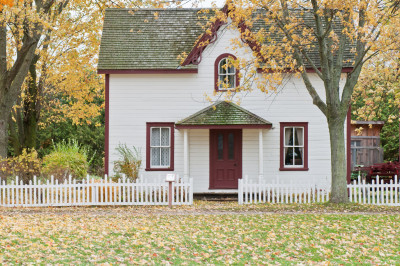
However, it’s typical for policies to include limited sewer backup coverage, and it normally does not raise premiums by a significant amount., Adding a sewer backup endorsement or increasing the limits can help enormously. Another important coverage in homeowners’ policies is Additional Living Expenses which will cover the additional costs that you incur above normal to maintain your household during the time that your home is not able to be occupied. Additional living expense, or ALE, is included in most policies. In Colorado, by law, all residential policies must include at least 24 months of ALE. However, deLuise states, “Rebuilding a home in only 24 months can be difficult, especially with the current delays in supply chains. Adding additional months into your coverage through ALE could save you from spending money out of pocket on alternative housing while your home is being rebuilt.”
Law and Ordinance Coverage
Law and ordinance coverage, commonly known as building code upgrade coverage, is an important factor to consider when it comes to your insurance policy. However, this type of coverage is often overlooked when evaluating the rebuilding process. If your home or business is located in an older building and sustains severe damage that requires rebuilding, you might be faced with the need to adhere to new codes or ordinances that were not present when the building was originally constructed. Reconstruction to current building codes can produce significant changes and costs to the new structure.
For example, if you are rebuilding an older multi-family housing unit that did not have fire sprinklers when it was first built, you may have to add sprinklers to follow the current day fire and safety standards. Adding fire sprinklers can easily generate an extraordinary cost, which is not covered within a standard business or homeowners insurance policy because they did not exist at the time of the loss. Building Codes Coverage will cover the additional cost for the required sprinkler system, subject to the policy's limitations.
Building codes and regulations change frequently, and it’s crucial to make sure property insurance policies contain Building Code Upgrade coverage so you are not left uncovered for these expenses. Codes and ordinances can vary wildly state by state and even county by county, so discuss the coverage with your insurance agent or broker – they should know your county codes and can assist you in obtaining the coverage you need based on your area.
Non-Essential Endorsements
While some endorsements can benefit a policyholder, others can make recovery more difficult or increase your premium unnecessarily.
Cosmetic exclusions are one such endorsement to watch out for in your policy, whether for business or personal property. For example, hail damage is simply deemed “cosmetic,” and under the cosmetic exclusion endorsement, the carrier will not cover replacement or repair of the damage. Even damage that appears superficial, like dents or scratches, can weaken roofs and other structures over time, so it is important to have coverage in place that will cover the costs of repairs.
In Colorado, where fires, hail, wind, and water damage are common, investing in supplemental coverages and endorsements within your insurance policy can protect your home or business and save you time, stress, and money in the long run.
The only way to know what endorsements and exclusions are included is to read through the policy. While this sounds obvious, deLuise notes that “when our public adjusters work on property damage claims, and we review a certified copy of the insurance policy, we often find there are endorsements or exclusions about which the policyholder is not aware.” Adjusters International/MBC recommends checking your coverage – either through your insurance carrier or by having a public adjuster review it – to evaluate all the endorsements.



